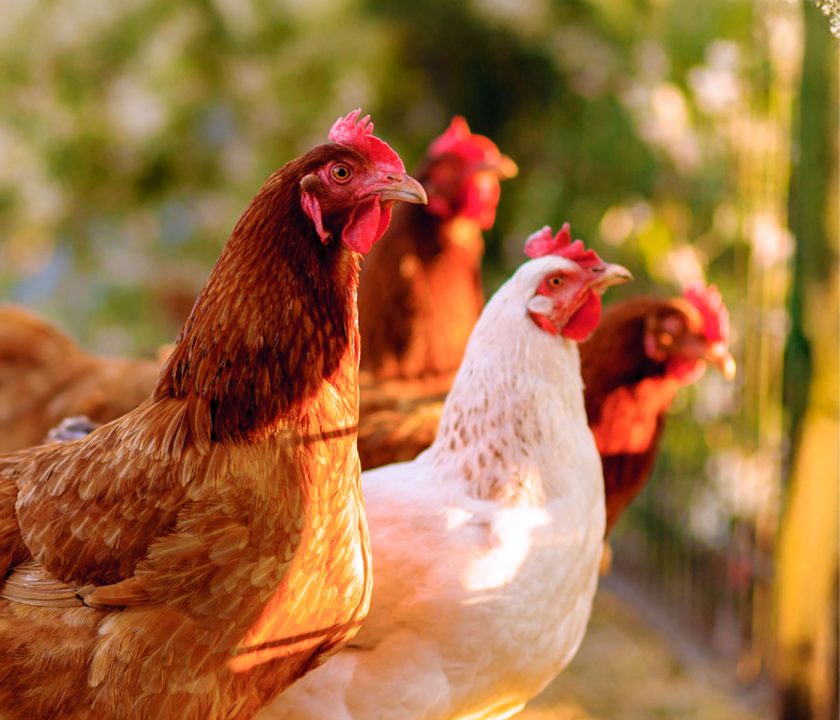The U.S. Roundtable for Sustainable Poultry & Eggs (US-RSPE) has recently released the inaugural Sustainability Framework Report, marking a significant milestone in the pursuit of transparency and continuous improvement within the U.S. poultry and egg industries.
This comprehensive report, introduced during the International Production & Processing Expo (IPPE) in January 2025, offers aggregated results of sustainability metrics across the entire supply chain, encompassing broilers, turkeys, and eggs.
Genesis and Mission of US-RSPE
- Established as an independent, multi-stakeholder organization, US-RSPE is dedicated to advancing, supporting, and communicating continuous improvement in sustainability throughout the poultry and egg value chain.
- The organization brings together diverse stakeholders, including growers, producers, integrators, processors, retailers, food service companies, civil society organizations, and allied industries.
- This collaborative approach ensures that sustainability initiatives are comprehensive and inclusive, addressing the needs and concerns of all parties involved.
The Three Pillars of Sustainability
US-RSPE’s sustainability efforts are structured around three fundamental pillars: Our Poultry, Our Planet, and Its People.
Development of the Sustainability Framework
The journey towards the Sustainability Framework began in early 2019, driven by the need for a standardized tool to assess sustainability practices across the poultry sector.
- US-RSPE embarked on a collaborative process, engaging a wide range of industry participants in a pre-competitive, collective effort to create a framework that is both practical and reflective of the industry’s diverse perspectives.
- In 2021, the framework underwent rigorous testing through pilots encompassing broilers, eggs, and turkeys.
- Leading companies such as Butterball, Cal-Maine Foods, Cargill, Darling Ingredients, Herbruck’s Poultry Ranch, Kreher’s Family Farms, McDonald’s Corporation, Peco Foods, Sanderson Farms, Tyson Foods, and West Liberty Foods participated in these pilots.
- Their involvement was crucial in reviewing the framework’s metrics and ensuring its applicability across various operational contexts.
Key Components of the Sustainability Framework
The US-RSPE Sustainability Framework is a voluntary assessment whose indicators encompass a broad spectrum of sustainability aspects, including environmental impact, animal welfare, and social responsibility.
- The framework is designed to be scalable and adaptable, allowing organizations at different stages of their sustainability journey to participate and benefit.
- The US-RSPE Sustainability Framework and its data are the launchpad for additional work.
Participants are encouraged to report on as many metrics as possible, with the understanding that comprehensive data collection serves multiple purposes:
Highlights from the First Sustainability Framework Report
The inaugural Sustainability Framework Report offers valuable insights into the current state of sustainability within the U.S. poultry and egg sectors. While specific data points are anonymous to protect individual participants, the aggregated findings shed light on several key areas:
Looking Ahead: The Future of Sustainable Poultry and Egg Production
The release of the Sustainability Framework Report signifies a pivotal step forward and serves as a foundation for future endeavors. US-RSPE is committed to continuously refining the framework, incorporating participant feedback, and adapting to emerging sustainability challenges.

